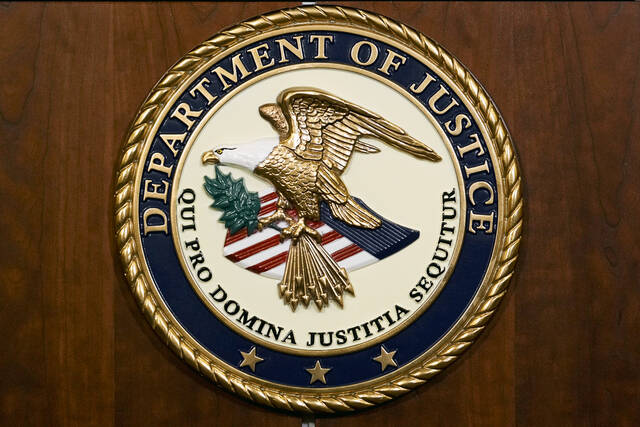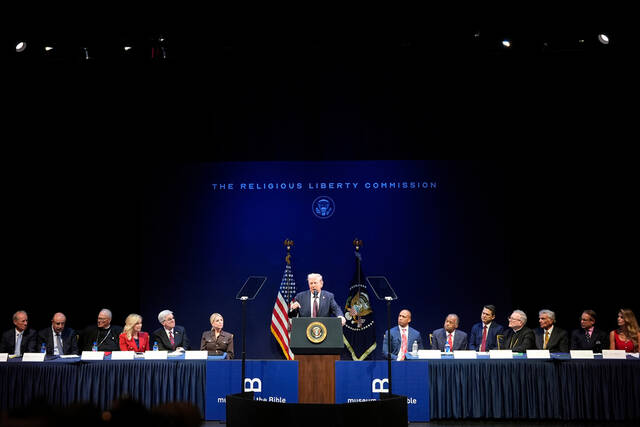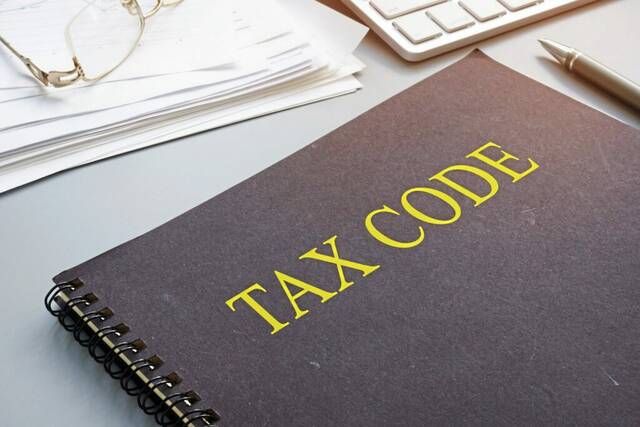With his approval rating sinking lower and lower, and facing the prospect of losing control of the House to Democrats, President Donald Trump is engaged in an unprecedented attempt to manipulate the midterm elections.
He’s now got Attorney General Pam Bondi and the Department of Justice embarking on another insidious strategy: building a dossier of private information on every voter Trump can use for political advantage.
Over the past several weeks, the DOJ Civil Rights Division has sent letters to more than a dozen states demanding they hand over their voter lists, including sensitive private information — such as driver’s license and Social Security numbers linked to names, home addresses and, in many cases, dates of birth.
The DOJ is telling state election officials it needs the data to check their compliance with the National Voter Registration Act and the Help America Vote Act — presumably to hunt for illegal voting — and it reportedly intends to contact all 50 states.
While federal law gives the Justice Department the ability to require states to put procedures in place to comply with those laws and remove ineligible voters from voter rolls, it doesn’t give the federal government authority over election administration — and that includes reviewing and maintaining the rolls themselves, said David Becker, executive director of the Center for Election Innovation & Research.
There’s another reason the DOJ may want the data. NPR reported recently that the administration is building a searchable national citizenship data system to be used by state and local election officials to root out noncitizen voting — something election experts say is an inconsequential problem. A report released last week from Becker’s organization concluded that in states that have investigated the issue, incidents of noncitizen voting are minuscule and random.
By all indications, the DOJ data call is a massive fishing expedition. “They are just looking for any kind of indication of wrongdoing or error that they can point to, to further fuel the federal government’s intrusion into election administration,” said Jonathan Diaz, director of voting advocacy and partnerships at the Campaign Legal Center, a nonpartisan organization that advocates for government accountability.
Yet Michael Whatley, the Republican National Committee chair, obliquely defended the effort as about “election integrity” and trying to ensure “safe and secure elections in key states.”
That’s obfuscation. It sounds to me — and to the election experts I’ve talked with from both parties — that this exercise isn’t really about election integrity, but about laying the groundwork for a political strategy for the midterm elections.
That strategy could take many frightening forms, the experts told me. Trump could suggest that states can’t be trusted and use that to justify a state of emergency that allows him to seize control of state voting operations or suspend voting in certain states. (Never in American history have we suspended federal elections, Becker says — and that includes during wars, pandemics and natural disasters.)
Or Trump could distort the voter data he collects and use it to continue to spread false claims and conspiracy theories about the security of U.S. elections. One result of these conspiracies, as we’ve learned, is that many Americans distrust any election where their candidate loses.
For states to comply with these letters, they would have to violate a federal law that prohibits the sharing of driver’s license numbers and, in many cases, also violate their state constitutions. According to a list assembled by the National Conference of State Legislatures, many states have stricter privacy protections for their voter files than the federal government does.
Another troubling development is that, while states have developed strict protocols for protecting this information, the DOJ hasn’t said how it will keep the data safe from hackers and cybersecurity breaches. The agency has an obligation to protect individuals, including elected officials, judges, domestic violence victims and others whose personal information is under a protective order or exempt from public disclosure and it owes the public an explanation for how it’s going to handle the data if it gets it.
If Bondi has a good reason to force states to turn over the voter data, she should state the reason and ask Congress to change federal law to do it.
Until then, every American should be concerned about the president trying to exercise power that he doesn’t have so he can invade your privacy because you decided to vote.
Mary Ellen Klas is a politics and policy columnist for Bloomberg Opinion. A former capital bureau chief for the Miami Herald, she has covered politics and government for more than three decades.








